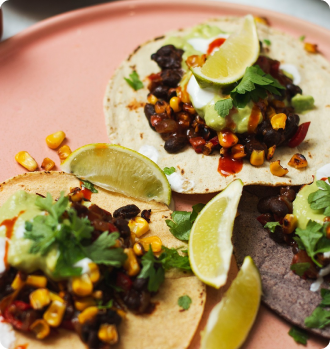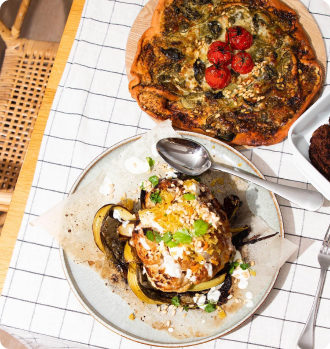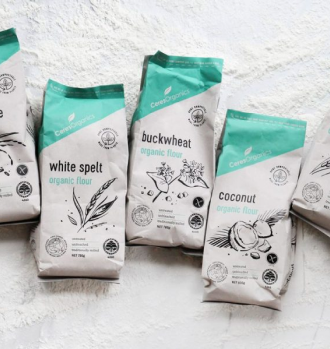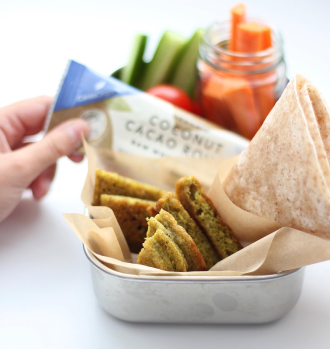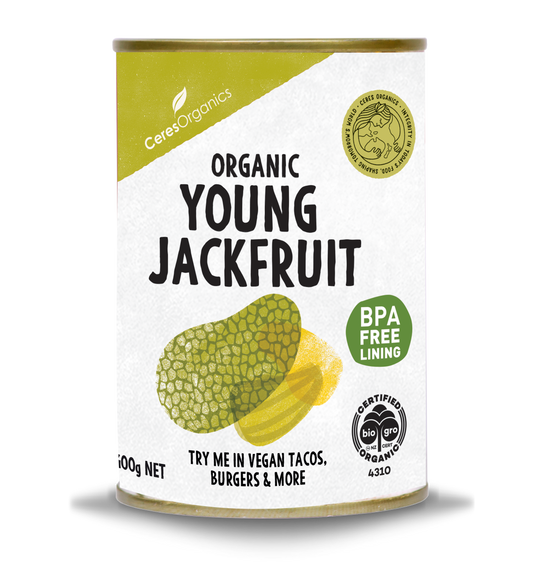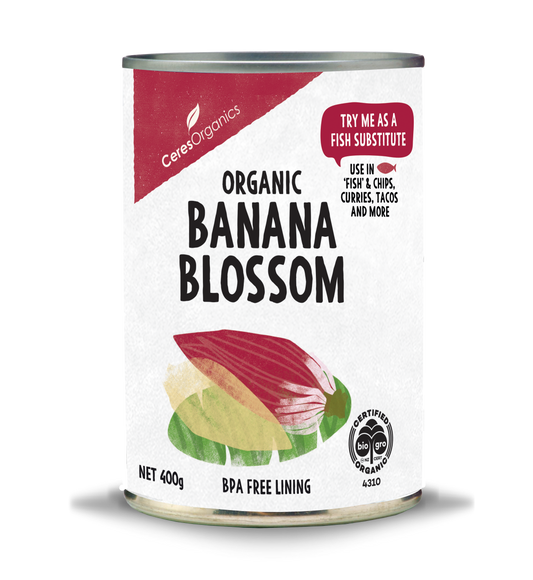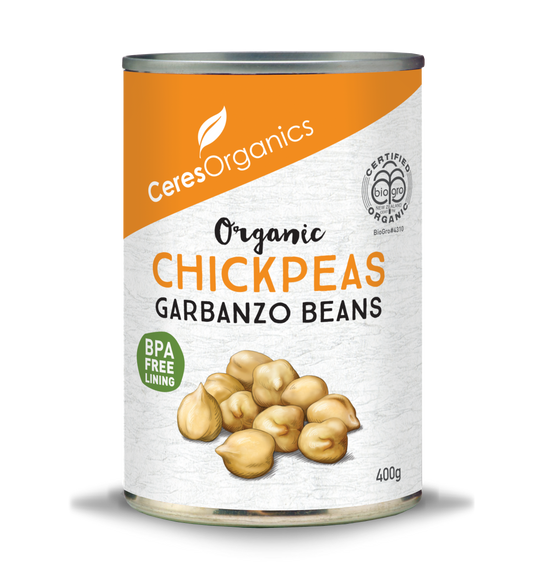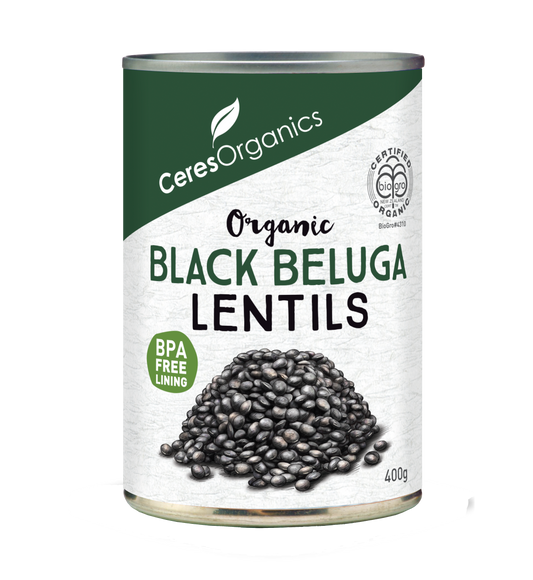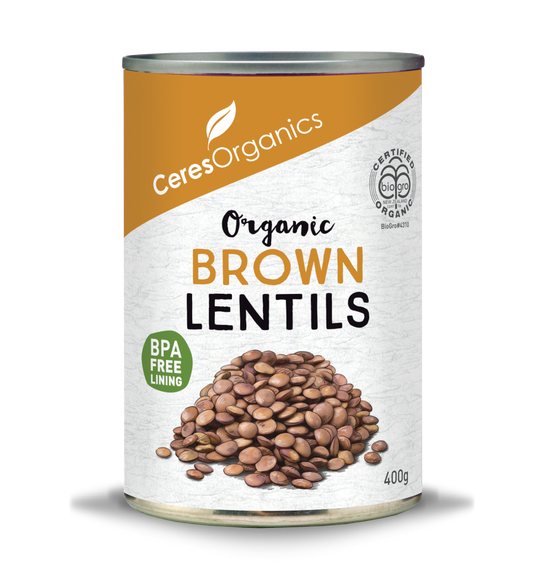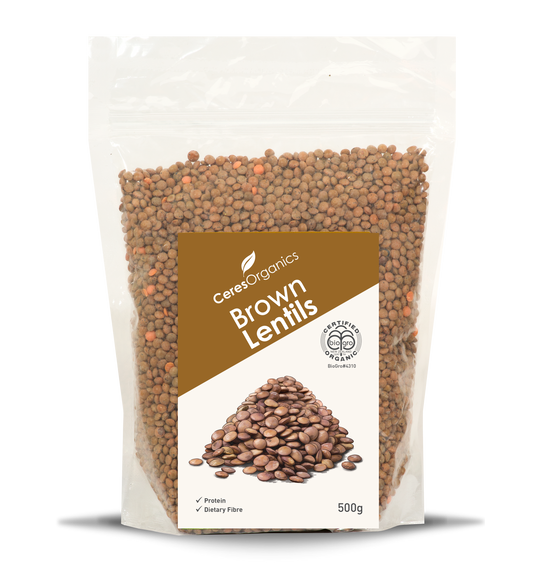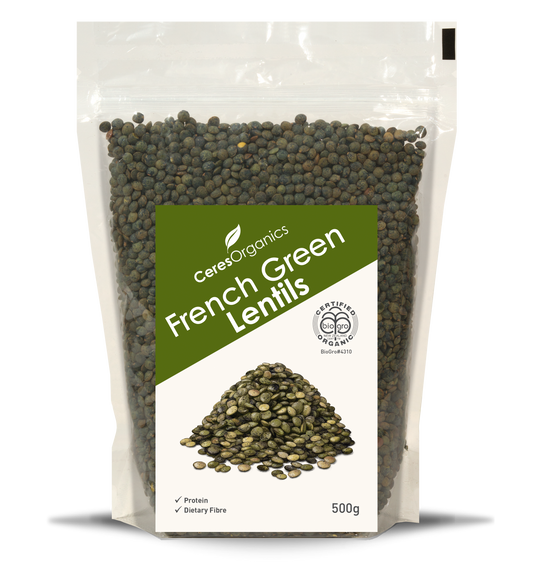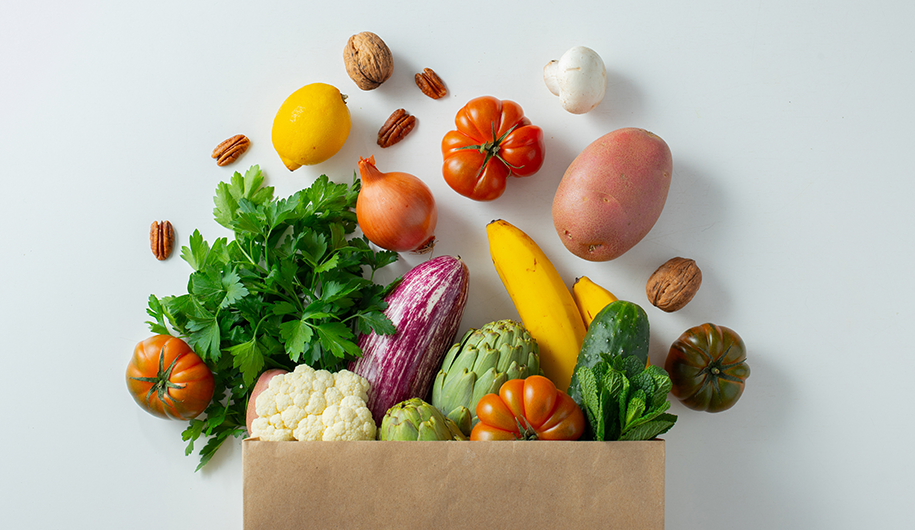
Not so long ago, all food was organic. But enter the industrial revolution and food production changed to make it cheaper and faster to produce. Unfortunately, this came at a cost – to food quality, human health, and to the environment. Mass-produced food generally relies on synthetic chemicals. And this is a big contributor to the increase in food-related health issues and digestive disorders we are seeing today.
Our bodies simply can’t deal with all these chemicals, add in the stresses of everyday life and it becomes too much to process. We know organic food can cost more but it is the true cost of food?
Here are our tp 5 tips to eating organic, even on a budget!
1. Prioritise
We understand eating organic can sometimes be on the more expensive side, so instead of putting organics in the too hard basket, be strategic! Every year our friends at the Environmental Working Group comes out with a list to help, the clean 15 and the dirty dozen. This list showcases the produce that is the most and least sprayed so you know what food to prioritise buying organic to avoid those harmful chemicals.
2. Get your hands on some cans
Cans are a cost-effective way to eat organic, stock up when they are on sale so you always have them ready to go. They make a great base for any meal and can also stretch leftovers and meals out. For example, if you are buying organic mince for meat patties, you could use legumes or beans as a filler, adding more to the plate and a more diverse nutrient profile to your meals. Dinner has never ‘bean’ so affordable.
3. Shop seasonal
Like most goods, fruit and veggies work on supply and demand too! When you buy in season there is more supply so the price is a lot cheaper. Seasonal veggies also taste better.
4. Try some meat-free meals
We estimate that going meat-free for just one day a week can save you around $40 a month. Jackfruit is a great meat-free alternative as it has a consistency similar to shredded meat. Banana Blossom makes a great swap for fish, and lentils and chickpeas always make a popular crowd favourite.
5. Grow your own
Even if you don’t have a green thumb, there are some plants that will happily flourish in your garden – or a decent size pot with minimal effort on your part. Fresh herbs are a great way to start saving you money but also the plastic they normally come wrapped in. Win-win!
Remember, every time you buy organic you are supporting the organic industry to grow and thrive. This helps our bodies and planet grow and thrive too! We must vote with our dollar to support the things we value most.

